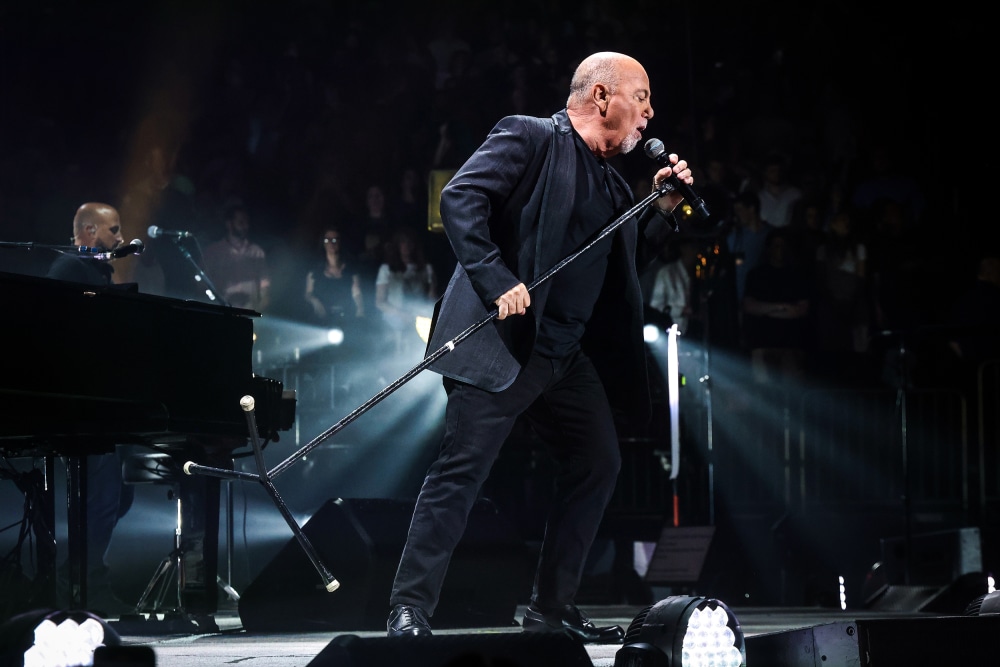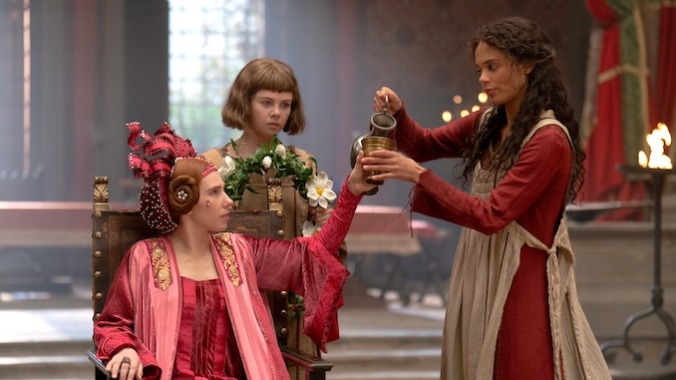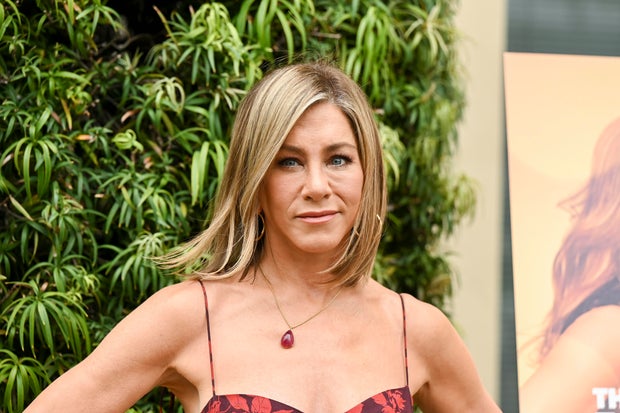Hollywood’s outsourcing filming to the UK
The American Invasion
Back in the 1980s, when filming for Return of the Jedi was nearing its conclusion at Elstree Studios in Hertfordshire, it was clear to see that the UK film industry was spiraling. New tax rules for the film and television industry were coming into play in the US, so funding for British-made films was drying up. That coupled with a pivot to television rather than a sole focus on film meant that the British film industry was in for a rough ride. It was the driest time for film export to the UK since the beginning of World War 1. The golden era was over: no more films like Kubricks’ 2001: A Space Odyssey, George Lucas’ Star Wars, or the version of Superman that took over Pinewood Studios were coming into the country, and things were looking desperate.
Whether it was epic poker scenes, sword fights, or aliens, nothing was pumping blood into the UK film scene anymore. One executive remembers how bad it really was. Adrian Wooton of Film London and the British Film Commission remembers it as hitting rock bottom. He recalls how all up-and-coming filmmakers had abandoned the UK for America. Now, forty years later, things could not possibly be more different. The United Kingdom is now thriving as the film capital of the world. Playtone co-founder Gary Goetzman says that the new golden age of UK film and television is here, after spending eight months shooting the next Apple TV hit, Masters of the Air.
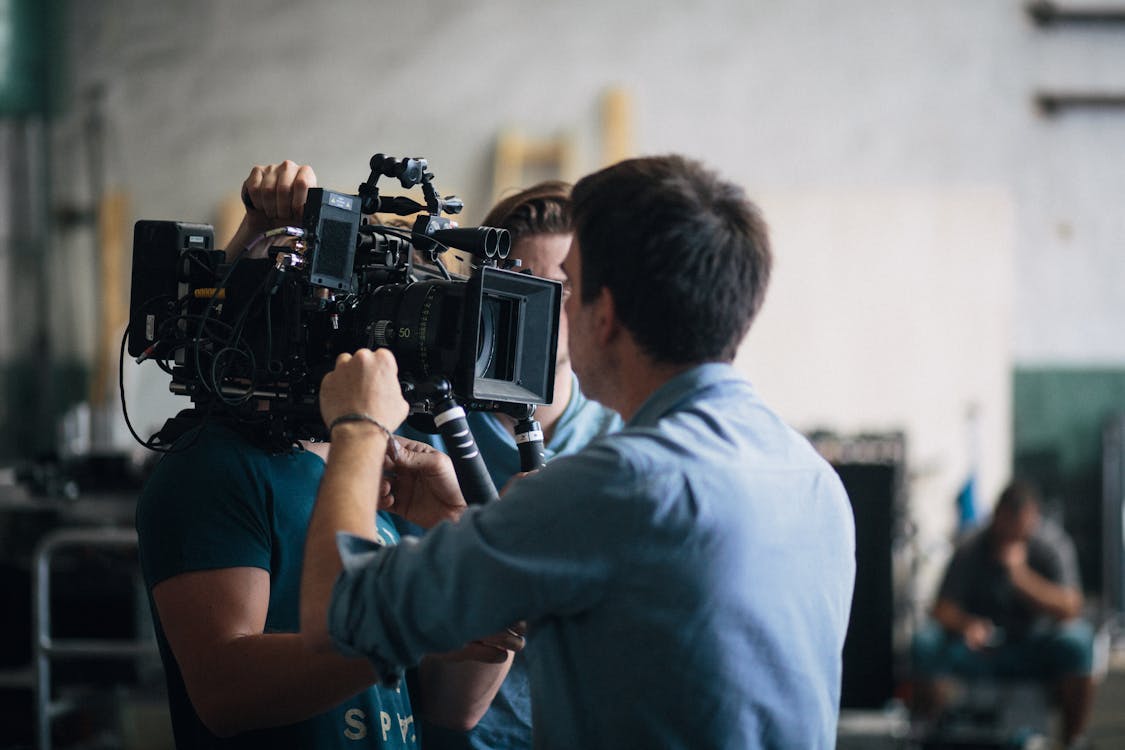
Through all the stresses of the last few years, through Brexit, the UK film industry has still managed to thrive. The last quarter of 2020 alone brought in 1.19 million pounds, which is the second-highest amount on record for such a short period of time. The numbers aren’t in for the first quarter of this year, but the predictions are that it’s going to be out of the park.
Olly Money of VFX studio DNEG says that the current situation is unprecedented. In his 25 years in the film business, he’s never seen anything like it. He believes that of the reasons for the current boom: chief among them is the UK’s excellent TV tax credit, which came in the wake of the Harry Potter film series and the arrival of the Game of Thrones crew. When the TV tax credit was implemented, the effect on the industry was instantaneous. Everyone in the film world, who had previously used the UK for all their television and film production needs, returned in droves.
From the middle of the 2000s onward, US production companies began flocking back to the UK. Movies like Guardians of the Galaxy, Mary Poppins, and The Mummy were all filmed on UK soil. The much anticipated Lord of the Rings series that has had fans all a-twitter has shifted its location from New Zealand to the UK to take advantage of the comfortable shooting conditions. The pound fell significantly in value in the aftermath of Brexit, making the UK a still more attractive filming destination. There is a wide range of incentives to go along with the favorable exchange rate: the fact that English is a commonly spoken language, the culture is lovely, and the architecture in the UK is endlessly appealing. The last decade has seen an explosion of multi-picture film franchises as well as television series featuring actors of such a caliber as was only previously seen in films, and that hasn’t hurt either.
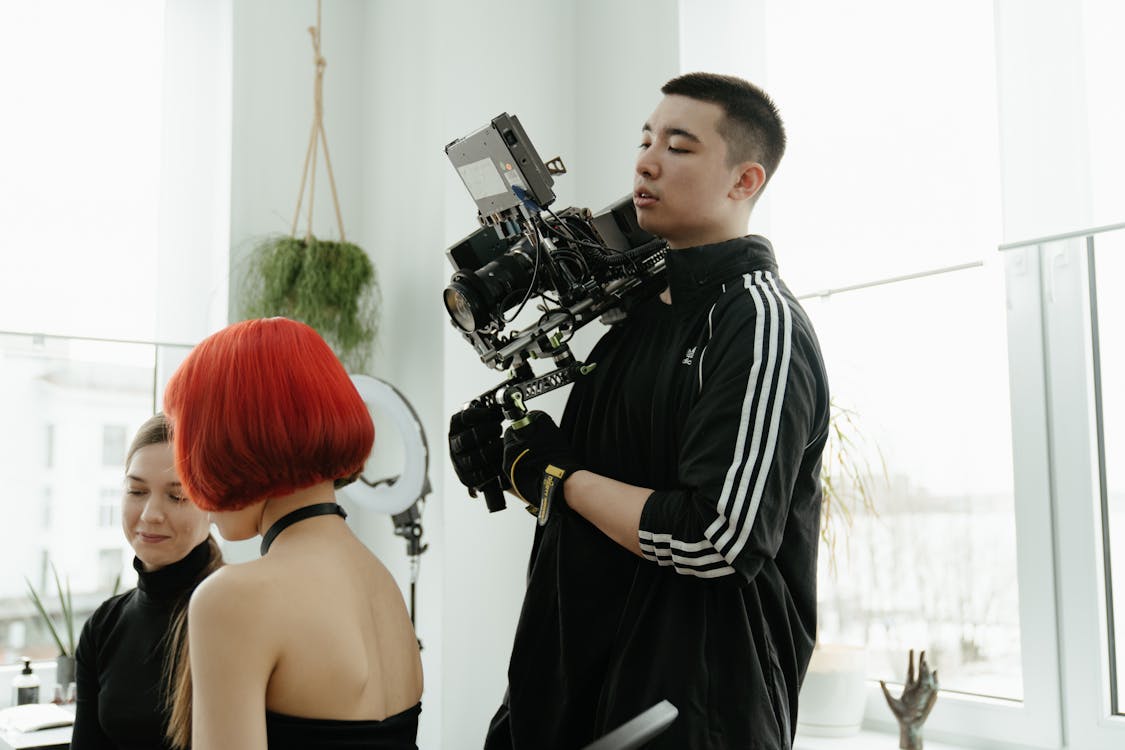
Maintaining the Boom
Where American companies have invested in the UK film industry to their own benefit, they also need to invest to benefit the British workforce. Amazon has, in the past, created a large number of apprenticeships; Netflix operates a training scheme known as the Grow Creative UK foundation. The UK independent film companies that were floundering are now flourishing with the influx of work into the country.
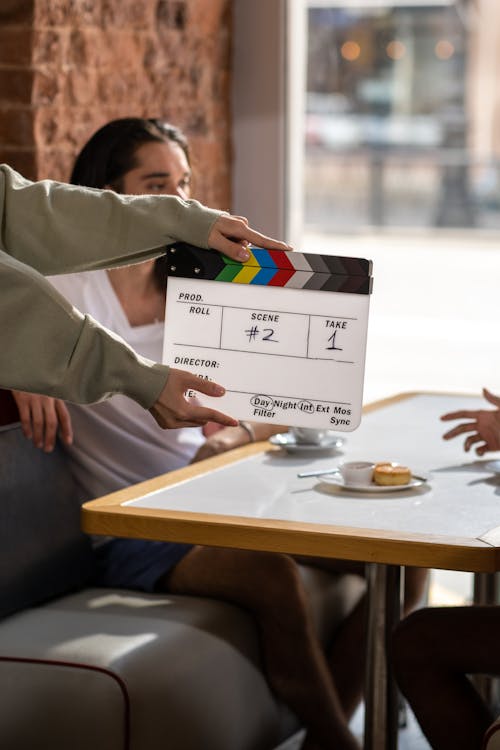
Final Word
It seems that the US and UK film and television industries are in a healthy relationship, and if things continue the way they’re going, they will be for a long time.


